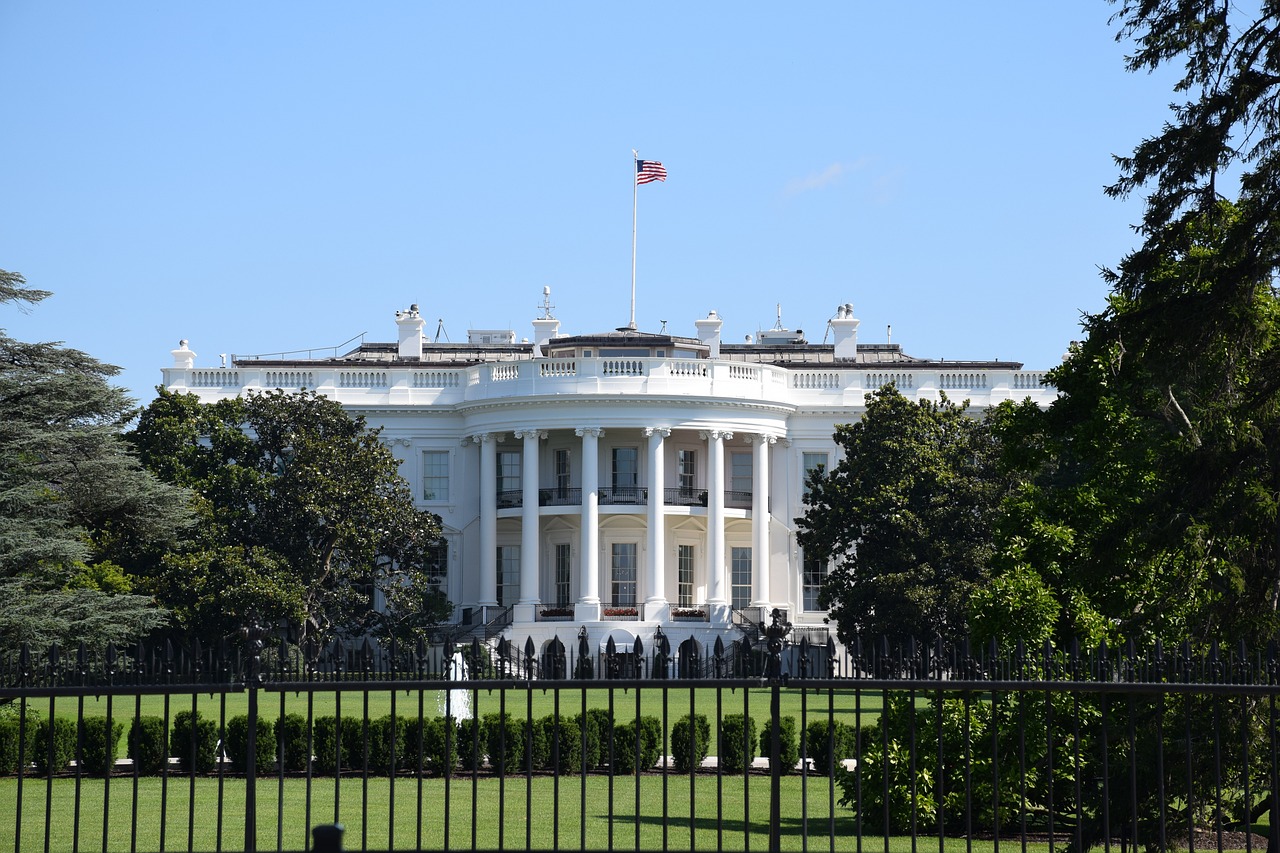The Trump administration is reportedly considering a significant rollback of tariffs on Chinese imports in an effort to de-escalate long-standing trade tensions with Beijing, according to sources cited by Bloomberg and The Wall Street Journal.
People familiar with internal deliberations say the White House is exploring the possibility of cutting tariffs by more than 50% on some categories of goods. These reductions could apply to a wide swath of the $300 billion in Chinese products targeted under Section 301 of the Trade Act, originally imposed during the height of the U.S.–China trade war.
While no final decision has been made, officials believe such a move could serve as both an economic stimulus and a diplomatic overture. With inflationary pressures persisting and global supply chains still recovering post-pandemic, easing tariffs could offer U.S. consumers and manufacturers some relief.
However, the proposal is politically sensitive. Many within the administration remain cautious, viewing tariffs as leverage in ongoing disputes over intellectual property, forced technology transfer, and broader market access issues. Former President Trump has long framed tariffs as a tool to rebalance trade with China, and any reversal would mark a notable policy shift.
The U.S. Trade Representative’s office is said to be conducting a statutory review of the existing tariffs, a process that includes input from industry stakeholders and could form the basis for future policy changes.
If implemented, the tariff cuts would mark one of the most significant trade moves since the original “Phase One” deal was struck between Washington and Beijing in January 2020. That agreement paused further tariff escalations in exchange for commitments from China to increase purchases of American goods.
Analysts say any change in policy would also be closely watched by financial markets and global partners. “Reducing tariffs could help ease inflation and improve investor confidence,” noted Eswar Prasad, a senior fellow at the Brookings Institution, in comments to Bloomberg.
Still, with the 2024 election cycle approaching, the political calculus remains complex. A decision either way could have wide-reaching implications for trade, geopolitics, and the broader economic recovery.
Sources:
For further context on the tariff policy and its economic implications, visit the Brookings Institution.



